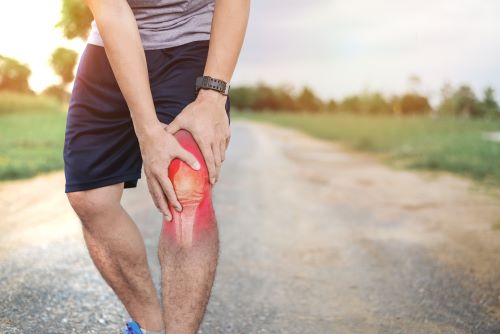
StudyFinder
Stability 2: ACL Reconstruction +/- Lateral Tenodesis with Patellar vs Quad Tendon (Protocol # PRO19020231)

Status: Recruiting
The purpose of this multicenter study is to compare outcomes between patients who will undergo different types of ACL reconstruction. All patients will have a tendon from their own knee used to reconstruct the ACL. Prior to knee surgery, researchers will randomize (i.e. a coin toss) to determine if ACL reconstruction will be done with patellar or quadriceps tendon and if the lateral extra-articular tenodesis will or will not be added to the ACL surgery. We will follow-up with participants as they undergo treatment and recovery after surgery for 2 years.
Sex: Male or Female
Age Group: Not specified
Inclusion Criteria:
• age 14-25
• ACL deficient knee
• at least two of the following: participate in a competitive pivoting sport; have a pivot shift of grade 2 or greater; have generalized ligamentous laxity
Exclusion Criteria:
• previous ACL repair on either knee
• partial ACL tear
• multiple ligament injury (two or more ligaments requiring surgery)
• pregnancy
Conditions:
Bone, Joint & Muscle
Keywords:
Clinics and Surgery Center (CSC), ACL, Anterior cruciate ligament reconstruction, joint instability
Study Contact: Doris Stuber - stube010@umn.edu
Principal Investigator: Jeffrey Macalena
Phase: NA
IRB Number: SITE00000971
See this study on ClinicalTrials.gov